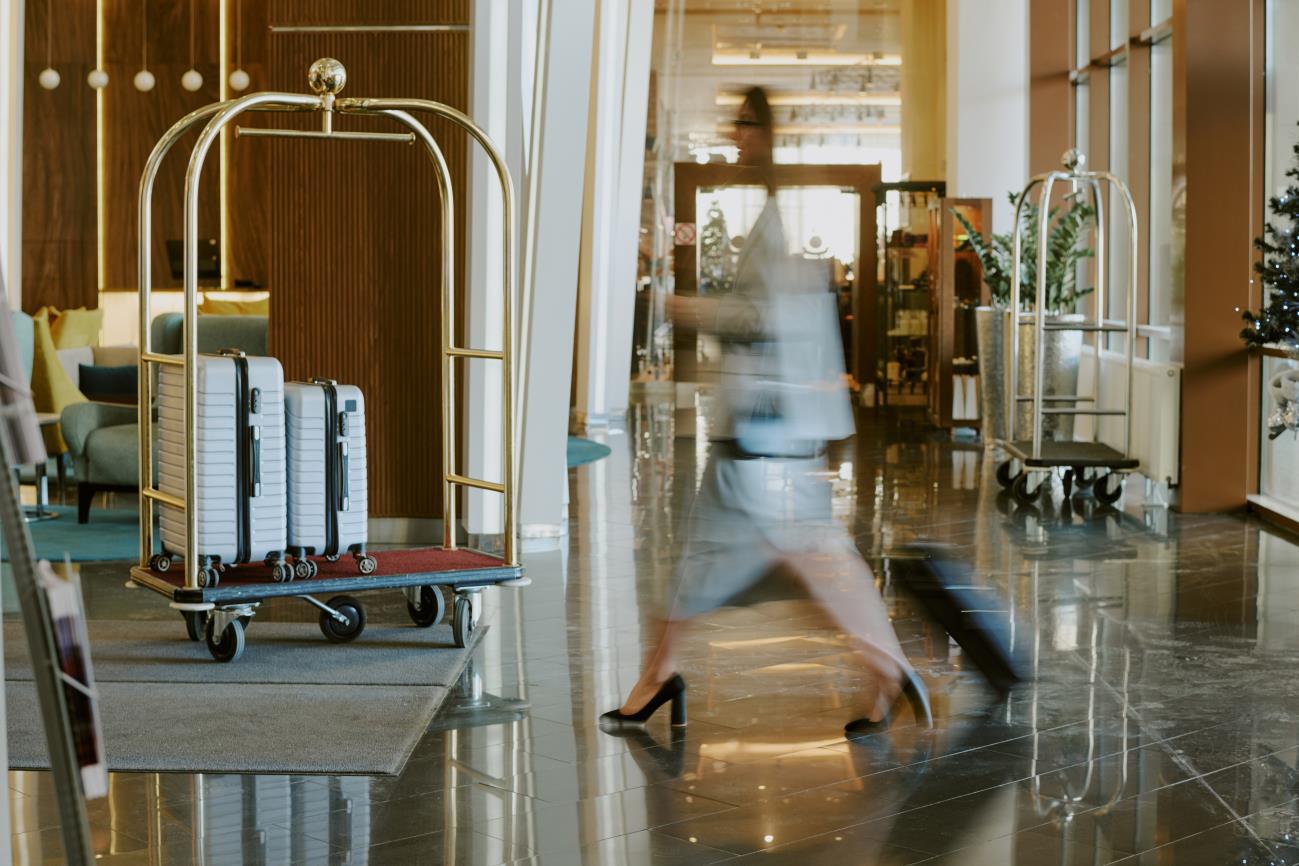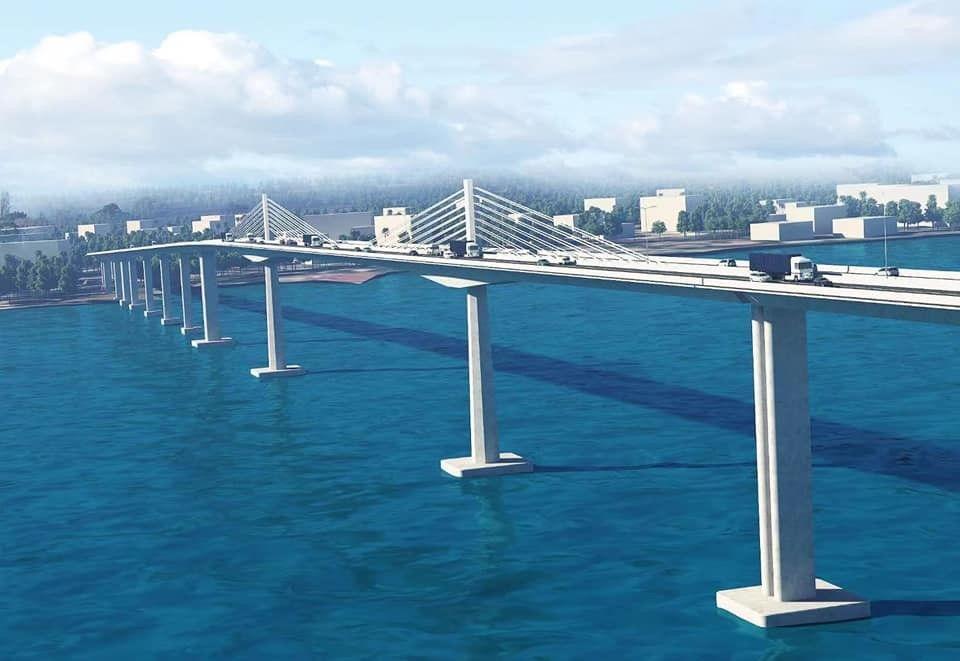How Demographic Shifts are Influencing Retail and Office Spaces
October 10, 2025
Overview
- Demand for Flexible Offices in the Age of Hybrid Work
- Urbanization, Migration, and Mixed-Use Integration
- Generational Preferences and the Rise of the Experience Economy
- Aging Population and Healthcare / Specialized Demand
- Income Growth, Middle Class Expansion, and Consumer Behavior
- Local Market Context: Metro Manila Office Vacancy
- Strategic Implications for Stakeholders
Demographic change is more than a background trend; it is a defining factor influencing how businesses and developers shape spaces today. As younger generations dominate the workforce, as cities expand, and as hybrid work reshapes how people operate, the demand for commercial real estate is being redefined.
Traditional offices and large retail spaces are giving way to flexible, mixed-use, and experience-driven environments. For those looking for an office for rent, location and adaptability matter more than ever. In office leasing, landlords must tailor their offerings to match evolving work styles and tenant expectations. Meanwhile, retail space leasing is adapting to consumer shifts, emphasizing accessibility, community engagement, and omnichannel convenience.
This blog explores the key demographic trends influencing how retail and office spaces are designed, leased, and utilized in the Philippines today.
Demand for Flexible Offices in the Age of Hybrid Work
Remote and hybrid work continue to reshape how companies view physical office spaces. Many businesses are opting for smaller, more adaptable offices instead of maintaining large traditional footprints. This trend has increased interest in flexible office leasing arrangements, where tenants can scale up or down based on operational needs.
Satellite offices and suburban hubs are also becoming popular as employees prefer to work closer to home. For tenants searching for an office for rent, suburban and secondary business districts offer lower rental rates, better accessibility, and more convenient amenities, which appeal to both employers and employees.
Urbanization, Migration, and Mixed-Use Integration
The ongoing migration toward urban and suburban areas has fueled a growing demand for developments that blend work, living, and leisure. Mixed-use properties that combine offices, retail, and residential components are increasingly in demand. Developers who integrate amenities such as dining options, fitness areas, and shared green spaces make their properties more attractive for both tenants and shoppers.
For retail space leasing, this shift encourages more neighborhood-focused concepts like community malls and lifestyle centers, catering to the convenience and experiential preferences of urban dwellers.
Generational Preferences and the Rise of the Experience Economy
Millennials and Gen Z are driving significant change in how spaces are used and experienced. They value authenticity, wellness, and sustainability, influencing the way developers approach both retail and office environments.
For retail space leasing, this means more emphasis on experiential design such as concept stores, pop-ups, and lifestyle-driven layouts instead of traditional shopfronts. For offices, amenities like wellness rooms, collaborative zones, and sustainable features are now essential rather than optional.
Aging Population and Healthcare / Specialized Demand
An aging population is reshaping parts of the commercial real estate market, creating demand for healthcare-oriented developments such as clinics, wellness centers, and senior-living spaces. Property owners are diversifying their tenant mix to include medical and wellness facilities that provide stable, long-term returns.
This trend broadens the market base and enhances the resilience of retail and office properties by accommodating services that cater to multiple generations.
Income Growth, Middle Class Expansion, and Consumer Behavior
As the Philippine middle class continues to grow, so does disposable income and retail spending. The country’s expanding consumer base is fueling demand for modern retail formats, particularly in provincial cities and urbanizing regions. This supports ongoing opportunities in retail space leasing for both local and international brands.
At the same time, e-commerce continues to rise. Physical retail spaces are evolving to serve as experience centers, click-and-collect points, or lifestyle hubs that complement digital channels rather than compete with them.
Local Market Context: Metro Manila Office Vacancy
In Metro Manila, a noticeable increase in available office spaces has prompted landlords to rethink their strategies. Office vacancy rates in certain districts have reached record levels, driven by changing work arrangements and delayed business expansions.
This situation challenges property owners to make office leasing more appealing by offering flexible lease terms, redesigned layouts, and hybrid work amenities that meet current tenant demands. Adaptive reuse, such as converting underused offices into retail or mixed-use developments, has also emerged as a practical solution.
Strategic Implications for Stakeholders
For landlords and developers
- Introduce flexibility in space configurations and lease terms
- Invest in mixed-use designs and sustainable amenities
- Curate tenant mixes that reflect demographic diversity
For tenants and businesses
- Choose spaces that align with employee lifestyles and accessibility
- Negotiate for adaptable lease options that accommodate hybrid setups
- Consider proximity to clients, talent, and public transport
For investors
- Diversify across property types such as office, retail, and healthcare
- Use demographic trends as a guide for location and asset selection
- Focus on long-term resilience through mixed-use developments
Partner with Weaver Group to Adapt to Market Shifts
Demographic changes are redefining how people work, shop, and live. Staying ahead means adapting your property strategy to these evolving needs. Whether you’re exploring office for rent, seeking guidance on office leasing, or planning your next retail space leasing project, Weaver Group can help you make the right move in today’s dynamic commercial real estate landscape. Contact Weaver Group today at 0917-193-2837 (0917-1-WEAVER).



